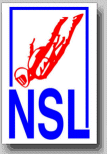
National
Skydiving
League
226 Pecan Street
Deland FL 32724
tel: (386) 801-0804
© 2003 - 2025
All Rights Reserved


226 Pecan Street
Deland FL 32724
tel: (386) 801-0804
© 2003 - 2025
All Rights Reserved

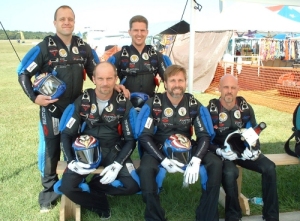
His recently published new 4-way information now covers his own career with Team Fastrax and the collection of his own team experiences. John Hart has been a very committed competitor and team member and also a passionate supporter of the sport. He approached his new love of 4-way competition with all of his energy and resources when he founded Team Fastrax.
His own experiences in this article do not reflect the situation of many teams that come newly into the sport. However, more advanced and even top teams on a higher level of commitment will find great value in John Hart's team experiences. The beginners in the sport and the weekend amateurs can get a glimpse of the situation far down the 4-way road and the pursuit of excellence.
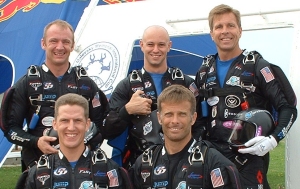
I have spent the majority of my life being on a team of some type, little league, wrestling, baseball, military, skydiving and work and each one had dynamics that were completely different. The commonality of each was that there was a common goal each team member aspired to achieve. Before you commit to a "team" make sure that your goals are in line with each other.
After winning the Silver Medal at the USPA Nationals 2006 the team debriefed the meet and summarized the year. I wrote the following to my teammates on the flight home from Eloy. I hope this helps any of you looking at creating a team or are currently on one. I encourage you to contact me with any and all questions you may have regarding 4-way or building a team.
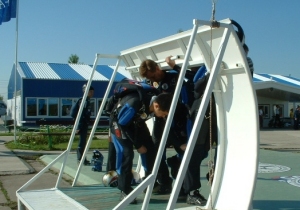
Example:
Simply flying in the wind tunnel is not deliberate practice, which is why most skydivers don't progress beyond a particular level. Making twenty 360 degree turns with a goal of turning in place 80% of the time, continually observing results, making the appropriate adjustments and doing that for hours every month - that's deliberate practice. Consistency is crucial! For us to be "elite" performers in our sport we have to practice, on the average, roughly the same amount every day, including weekends. This does not mean we skydive every day, it means we participate in some activity that applies to our performance, i.e. exercise, watching the Best of Fastrax, visualizing, basic skills training, jumping, team outings and a host of other items that will benefit us. More deliberate equals' better performance, tons of it equals great performance.
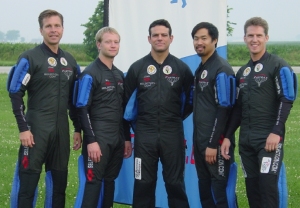
We have become faster and more complex with the way we skydive. By definition that means we're going to make "some" mistakes. I am much more comfortable in an environment when I know that's going to happen, it means we are learning. An aura of confidence begins to develop around a team who can make mistakes, learn and continue to move forward. It does not mean that we accept mistakes, we must learn from them. I would rather we go get speeding tickets than parking tickets.
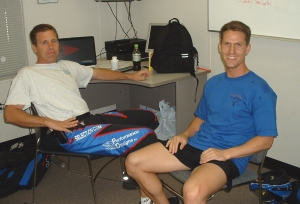
As a team we need to focus on being positive, we need to refrain from being swept up in minutia and place our energy in areas that will make us better skydivers and people. As a team we need to become better at staying even keeled - not getting too high on the good times or too low on the bad - this will keep us going in the right direction. Each of us knows what is required of us to accomplish our goals. As a team we must stay focused with the same intensity throughout every part of our jobs.
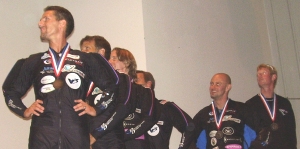
We need to be more open to suggestions and questions and not discount anyone for wanting to do more angles, dirt dive or questioning engineering, basically being a TEAM means making decisions together.
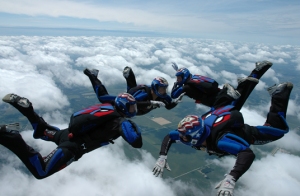
Before you present a problem, be willing to examine the role your behavior and actions play in the problem relationship. Talking about "what" went wrong, rather than "who" went wrong, will make everyone less defensive. Ask yourself these questions before you present a problem at a team meeting. Is your intent to build your teammate up or tear them down? Is your intent to encourage your teammate or discourage them? Everything we accomplish happens not just because of our efforts but through the efforts of each other.